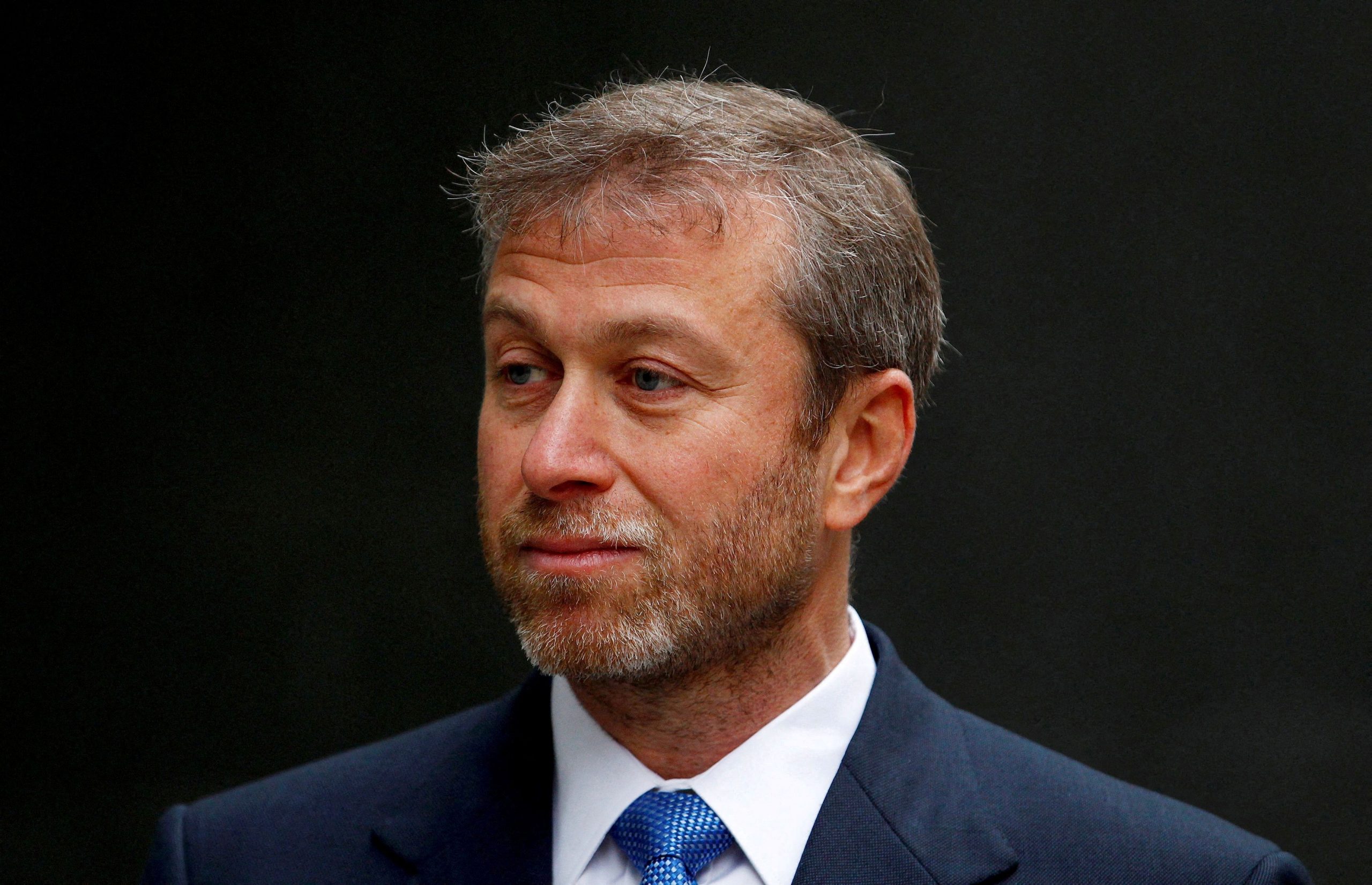
Chris Lange, FISM News
[elfsight_social_share_buttons id=”1″]
Russian billionaire Roman Abramovich and Ukrainian peace negotiators experienced symptoms of suspected poisoning earlier this month after a meeting in Kyiv, according to reporting by the Wall Street Journal and Netherlands-based investigative journalist group Bellingcat.
Abramovich, who had accepted Ukraine’s request to participate in negotiations, and two Ukrainian diplomats reportedly experienced symptoms that are often associated with poisoning including red eyes, constant and painful tearing, and peeling skin on their faces and hands after the talks.
Ukrainian officials have denied the poisoning took place. Negotiator Mykhailo Podolyak suggested the report was based upon “a lot of speculation, various conspiracy theories,” and Rustem Umerov, another member of the negotiating team, cautioned people to be wary of “unverified information,” according to Reuters.
Ukraine’s Foreign Minister Dmytro Kuleba responded similarly during a nationally-televised interview, saying “everyone is thirsty for news and sensations.” The dismissive remark, however, was promptly followed by a wry caution: “I advise anyone going for negotiations with Russia not to eat or drink anything, [and] preferably avoid touching surfaces,” Kuleba added.
A U.S. official who spoke to Reuters on condition of anonymity did not deny that the three men had been sickened, but suggested their unusual symptoms were caused by an “environmental” factor, offering no further details.
Bellingcat said experts who looked into the incident concluded “poisoning with an undefined chemical weapon” likely took place. Citing the same experts, the news service said the dosage and type of toxin used was not enough to be life-threatening, “and most likely was intended to scare the victims as opposed to cause permanent damage. The victims said they were not aware of who might have had an interest in an attack.”
The men who experienced the symptoms had consumed only water and chocolate in the hours beforehand and a fourth member of the team who ingested the same items did not experience symptoms, according to the report.
Russian President Vladimir Putin has long been suspected by the West of being behind the poisonings of multiple political rivals and dissidents. The U.S. and European Union last March sanctioned Moscow officials for the August 2021 poisoning and subsequent jailing of Russian opposition leader Alexei Navalny. German, French, and Swedish labs have said that a lethal Novichok group nerve agent was used in Navalny’s poisoning.
Double-agent Sergei Skripal and his daughter, Yulia, also became critically ill after being exposed to a Novichok nerve agent while living in the UK in 2018. A British hospital had to place both in induced comas to prevent organ shutdown. Western government officials accused Russian authorities of being behind both poisonings, but the Kremlin has aggressively denied any involvement.
In September 2004, Ukrainian presidential candidate Viktor Yushchenko, who was running against Russian-backed candidate Viktor Yanukovych, was also poisoned in the lead-up to the election. Yushchenko became seriously ill but survived, though his face was permanently disfigured with extreme jaundice and pockmarks. Tests confirmed Yushchenko had been poisoned with dioxin, a chemical found in agent orange, according to The New York Times. Doctors said his blood dioxin level was “more than 1,000 times” above normal. His rival went on to win the election.
“It is my growing conviction that what happened to me was an act of political reprisal against a politician in opposition. The aim, naturally, was to kill me,” Yushchenko said at the time.
Russia has continued its Soviet-era Novichok chemical weapon development program, despite pledging to end it and promising to destroy its entire chemical weapons stockpile by 2017, according to Bellingcat. The Kremlin is a signatory of a 1997 convention that bans the production of chemical weapons.
Moscow denies having an active chemical weapons program.
